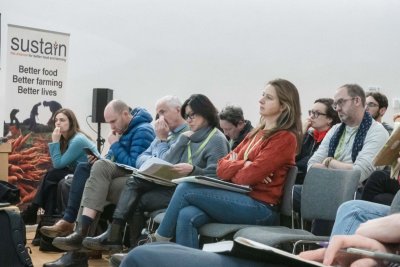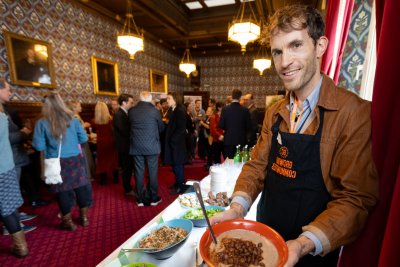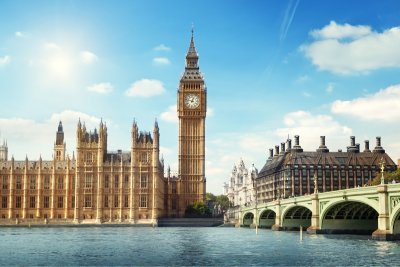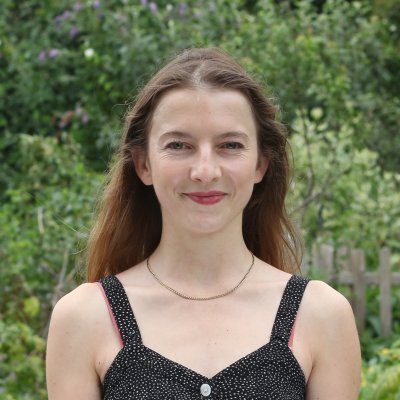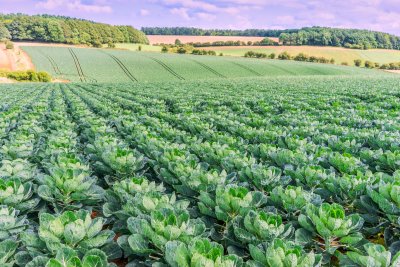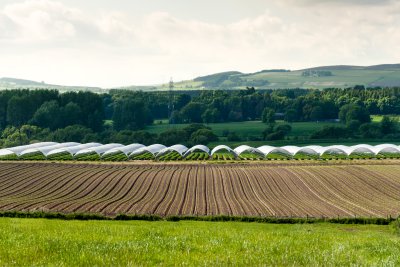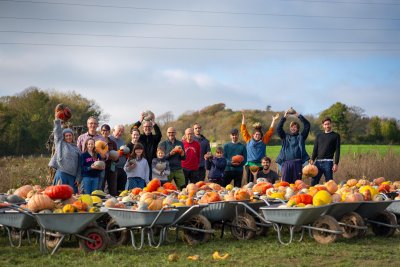Sustain: Sustain The alliance for better food and farming advocates food and agriculture policies and practices that enhance the health and welfare of people and animals, improve the working and living environment, enrich society and culture and promote equity.

Farm for a better environment, head of government advisory body says
A senior government adviser on resource use has warned against 'simply replicating the CAP', and calls for a gradual but radical transformation in the way the UK is farmed
Professor Dieter Helm is an economist at Oxford University and Chair of the Natural Capital Committee, which was set up to provide the Government with advice on the environment and energy policy. He is the latest commentator to produce a report on the possible implications of Brexit on food and farming.
Professor Helm provides an economic analysis of three possible options: a modified version of the status quo; a continuation of the existing level of subsidy, but with a shift from income support to environmental support; or -- his preference -- a transition to a situation where public goods are subsidised, but not via farmers. This, he argues, would be both economically and environmentally efficient.
He observes that the one thing all parties agree on is that a simple replication of the current situation would be a disastrous wasted opportunity. He also argues that any sudden change to the current subsidy regime would be extremely punitive, especially for upland farmers.
Read the full paper here. Read the blog by Sustain Coordinator Kath Dalmeny on how protection offered by EU legilsation may be threatened by Brexit.
Find out more about Sustain's campaign work for a more sustainable food system here.
Sustain
The Green House
244-254 Cambridge Heath Road
London E2 9DA
020 3559 6777
sustain@sustainweb.org
Sustain advocates food and agriculture policies and practices that enhance the health and welfare of people and animals, improve the working and living environment, promote equity and enrich society and culture.
© Sustain 2026
Registered charity (no. 1018643)
Data privacy & cookies
Icons by Icons8
